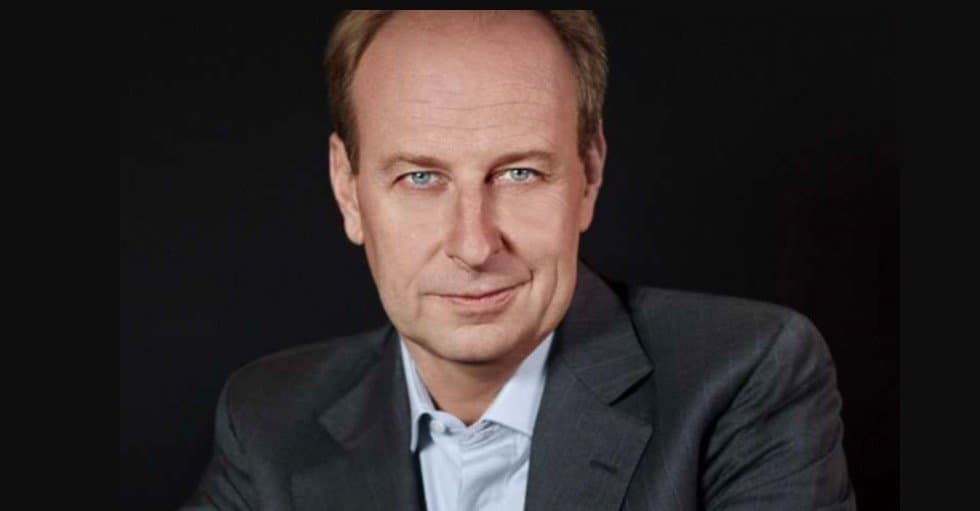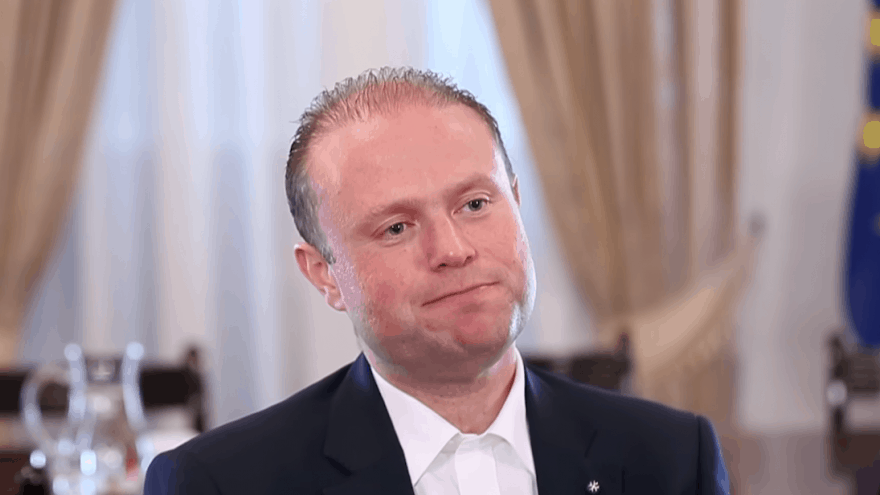MaltaToday’s report last Sunday about Joseph Muscat’s overtures to Yves Bouvier to set up a precious goods free port linked to the apron at the airport links to a recent series by Swiss journalist Antoine Hariri about Bouvier’s activities.
Yves Bouvier was involved in two other airside vaults in Luxembourg and Singapore but both have underperformed and in the case of Luxembourg Yves Bouvier has been forced to restructure the ownership.
The apparent reason for these businesses performing badly is a long-standing legal battle Yves Bouvier has been in with Russian oligarch Dmitry Rybolovlev that accused the Swiss art dealer of fraud charging him inflated prices for painting he acquired on his behalf and pocketing the fat margins.
The issue came to prominence in 2016 and since then Luxembourg law enforcement has put some pressure on Yves Bouvier to divest his interest in the “Luxembourg Freeport”. Antoine Hariri’s investigation shows Yves Bouvier has not exited altogether.
These so-called freeports are effectively high security bonded stores that are accessible directly from the airfield and are therefore on the other side of a country’s customs border.
A bit like the container terminal in the south of Malta, items stored in those vaults would not be subject to text unless they are taken through the entrance gate and effectively “imported” into Malta rather than resting on a toehold until someone else picks them up.

But the project with Yves Bouvier would not be about containers. Yves Bouvier deals with luxury items particularly paintings. He has traded da Vincis, Modiglianis, Klimts and Rothkos.
The debacle with Rybolovlev raised the attention of US Justice Department investigators that opened an inquiry into allegations that the high-end art dealing world was effectively a massive money-laundering operation.
American prosecutors were concerned by the lack of transparency in the international art market and experts reported concerns that art dealing was targeted by criminals and international terrorist groups to exploit secrecy that is tolerated in these transactions.
A “freeport” helps murking that transparency as trading occurs outside customs space and is therefore allowed in a country’s territory but exempted from normal tax and customs rules that would require paper trails of transactions.
Read more about these concerns in this report from the UK’s Independent from 2016.
It seems inescapable that wherever Joseph Muscat’s great business ideas emerge they are likely to involve people being watched by international agencies trying to combat sophisticated money laundering operations.
Joseph Muscat’s international buddies make a fascinating roll call. Ali Sadr Hashemi Nejad is as you read this undergoing a trial in the US (US v Nejad). Christian Kaelin has been indicated by the prosecutors of Ali Sadr on the list of people they expect to name in the trial. Like Ali Sadr, Christo Georgiev had to quit his Maltese bank. And we still have to figure out who is really behind VGH.
This story of Joseph Muscat’s representations on behalf of the government he no longer runs with Yves Bouvier gives a new meaning to Robert Abela’s motto of “continuity”. Robert Abela has argued that Malta has turned a page and that our international reputation is already recovering thanks to the choices he has made.

But we’ve been through this before. In 2013 and 2014 we were assured that being buddies with Azerbaijan’s dictator Ilham Aliyev would not hurt us. That everybody was selling passports these days. And that banks with strange names were popping up everywhere because now we had a professor for a finance minister and that’s what happens.
It took two years for anyone to realise the extent of the damage. It took six to have Joseph Muscat removed. And in all that time the catalyst really was a journalist’s investigations in a life cut short.
And now, from the luxury of his Burmarrad house, Joseph Muscat is replaying the same swindle on us.